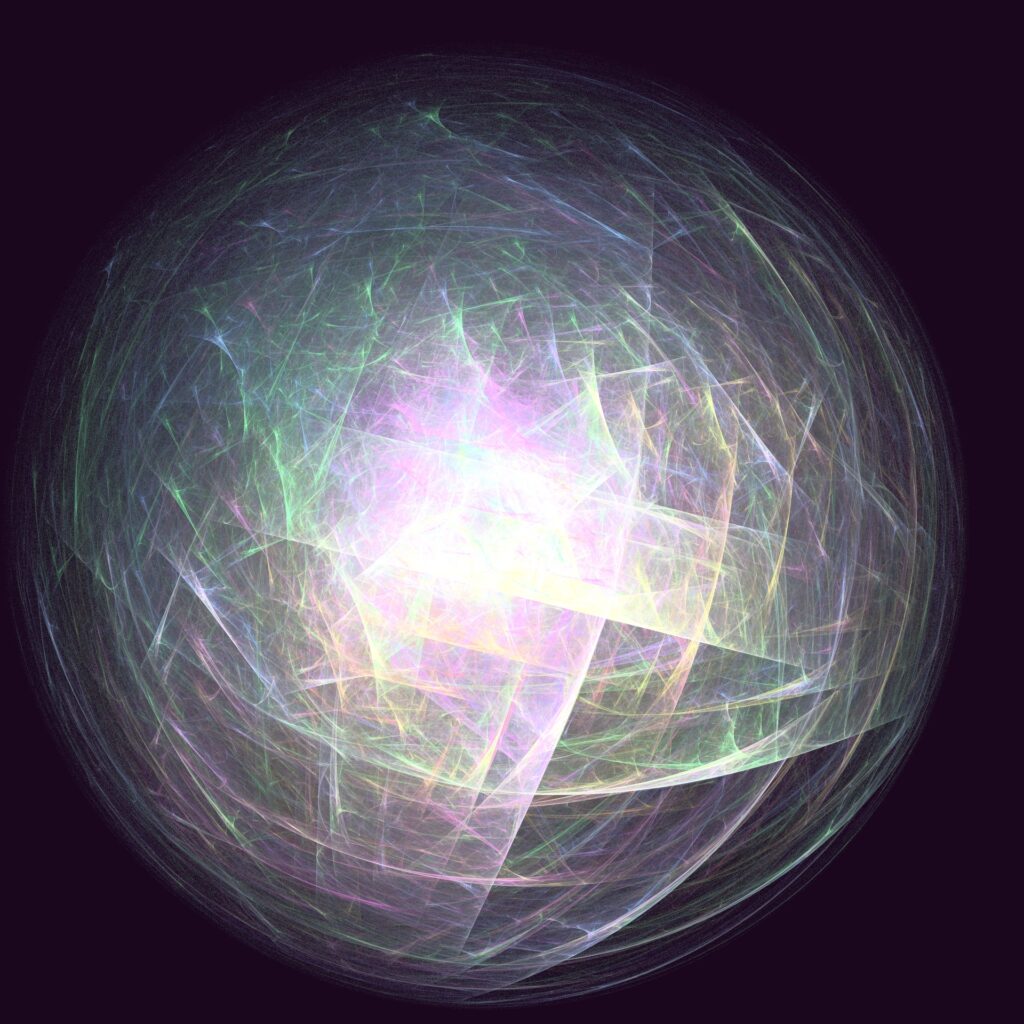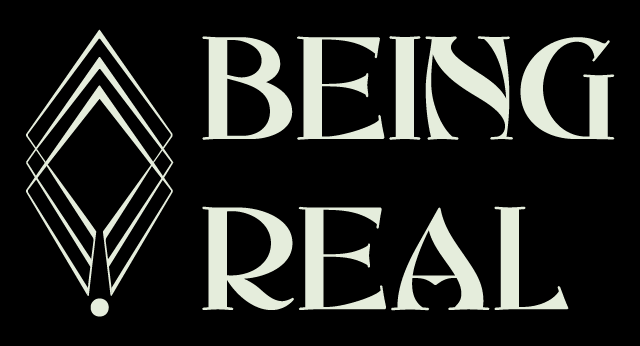Enlightenment in tatters: a primer in spiritual maturity
In an instant all your illusions fall to the ground. All karmas, attachments, and life challenges are swept away. You, the awakened one, realizing yourself as pure love, awareness and emptiness walk through the world carefree, joyful and at ease. Flowers bloom in your wake.
So the enlightenment myth would have it. Reality dances differently. A moment in the mountains or meditation hall reveals that all of reality is luminous awareness . . .immersed in a group chant or in the presence of a guru we fall in love with everyone and everything. . .peace and equanimity can blanket us so completely it as if we never had a chattering mind at all.
And then in time or suddenly the suffering and the calamity return. We struggle in relationships, lose a friend to addiction, suffer illness or financial collapse. Loss, dysfunction, agitation or depression can wash away our precious enlightenment making it seem as if was all an illusion.
So what is spirituality all about anyway? Often it can seem as if we stand between two lines of trumpeteers, one blowing the tune of growth and personal evolution, the other the sweet sounds of instant enlightenment–the realization that we are already whole and complete as we are–perfect spirit.
Should we head for the mountains and find a cave, perhaps we should just master manifestation? Maybe resolve our mother issues, or conquer a yoga asana? The spiritual marketplace can be as loud and disorientating as any other arena of life.
If however, we can begin to grasp that there are two sides of the coin (at least) that is spirituality: 1. Our innate and perfect nature from which we have become estranged and 2. Our unique manifestation as a human being which is always growing and changing, we can more easily determine which areas of our lives require diligence and attention and where there is a need for surrender. Of course for the purist this coin is ultimately “one”, but for the sake of sanity let’s make a discrimination.
Spiritual practice is mostly geared to giving us experiences of the ineffable, invisible reality of love, unity, peace, universal truth, etc. Ultimately we can come to realize that these are not simply experiences that we have, but the essence of what we are.
A few of the many pitfalls of spiritual practice are worth mentioning here:
1. The idea that spiritual experience will solve all our problems (or make us indifferent to and above them),
2. The dilemma of attaining lasting realization rather than a series of beautiful glimpses.
3. The ease with which we can become lost in the dogmas and dysfunction of our particular spiritual path.
4. Not to mention the difficulty that some have even attaining a glimpse of their true nature i.e. satori.
If we are lucky enough to find our way to an abiding or at least consistent realization of our spiritual nature, other challenges will arise.
Pause for a moment to consider one particular but fairly universal spiritual realization: unity. The realization that all forms of reality are the same fundamental nature or substance. This is usually a lovely and relieving concept and even more powerful experience. The implications however are beyond mind-blowing. YOU sitting here reading THIS are the universe–EVERYTHING–all that is, was, or ever will be!
You are the big bang, the supernova and the black hole, you are the setting sun, the cool breeze, the ocean of life and the lava flowing from the core of the earth. Once we begin to see through the veils of the separate person who has to earn a living, put her clothes in nice piles in drawers, and get along with other people, and we realize the immensity of what we ARE, the wild aliveness that animates everything starts to take over “your” life. All the tidy piles, all the gnarls and knots that have been swept away or bundled in the basement begin to demand recognition.
Fortunately all of these unresolved aspects of yourself are none other than spirit wanting to live, thrive and be creative. Unfortunately it can be a real hell of a ride. The Greeks knew this all too well in telling the story of Zeus sending Pandora with her jar of chaos down upon the family of Prometheus who “stole fire from heaven”. If you are going to realize yourself as everything, you are going to have to deal with everything!
This brings us to our unique individual self. One caveat here: we can endlessly philosophise about how oneness can also be an individual self or we can suspend our disbelief and simply admit that it happens. Each of us is the universe walking around as a little four limbed version of ourselves.
Some new tools emerged in the twentieth century to deal with unpredictable and elusive self: psychology and psychiatry. As rife with quackery and charlatanism as the spiritual traditions before them, these fields nonetheless offer tremendous insight into the human psyche. In particular: understandings of the subconscious mind, ego development, and more recently trauma and the body/mind connection.
The practice of self understanding rivals any spiritual discipline in liberating the conditioned self and goes further than most spiritual practices in helping us cultivate a self that is capable of channeling the powerful forces of life into a coherent, creative individual; aka a self-actualized human being.
Psychological illumination can give us a clear and accurate understanding of who we are as a person. We can uncover the hidden motivators in our behaviour and learn to tolerate the strong emotions that lead to reactivity in our lives. With a skilled practitioner we can come to trust intimacy and embrace vulnerability. Psychology gives us an understanding of how corrosive our judge and inner critic can be to our growth. The therapeutic relationship can cultivate a profound compassion for our “flaws, faults, and mistakes” and see them rather as coping mechanisms needed for survival. With tenderness and attunement even the most contracted knots and traumas can soften, open and integrate into a mature adult self.
Unity will once again be useful here as we begin to recognize that spirituality and psychology are not really two disparate fields, but rather a continuity–the spectrum of our human experience. One portion of the spectrum inevitably informs the other. For example someone who struggles with financial insecurity and worry despite never having been in actual poverty can begin to understand the psychological roots of this insecurity in their history. Perhaps their grandparents struggled during the depression and this was passed on through mother as scarcity behaviour around food, clothing, and expansion in general.
From the spiritual end of the spectrum this may be felt as a painful lack of capacity or support. It may feel as if one is weak, devoid, and even empty of the ability to support oneself. This reveals a spiritual disconnect–an absence of the sense of trust that life itself will has endowed us with the capacity that we need–the sense of “I can” and “I will”. Here something more than mental understanding is needed, we need to “fall through” the beliefs, self images, contractions, and fear into a deeper sense of reality. A reality that is holding, abundant, positive, creative, and intelligent. Ultimately we need not only to feel this, but know it as the indivisible core of ourselves.
The takeaway here is that there is an important distinction on the spiritual journey. The distinction between the ascending journey, the movement of transcending ordinary thoughts, emotions, and desires and the descending journey, the process of developing, and cultivating ourselves as a person.
We ascend to touch the transcendent love, peace, wisdom and intelligence of our true nature, We descend or embody our capacity for growth and learning in relationships, vocation, and play. The flow of ascending and descending, expanding and contracting, forming and unforming is really life at play as YOU. The inner work, the practices, the nitty gritty of daily life are nothing more than the universal energy of life finding the best way of being the unique individual that you are.
Spiritual maturity to the degree that such a thing exists is a consistent connection, a feeling of being at home in ourselves. It is also an acceptance of and compassion for our quirky and sometimes clunky humanity. We see ourselves at the surface, we see ourselves at depth and we love what we see.




